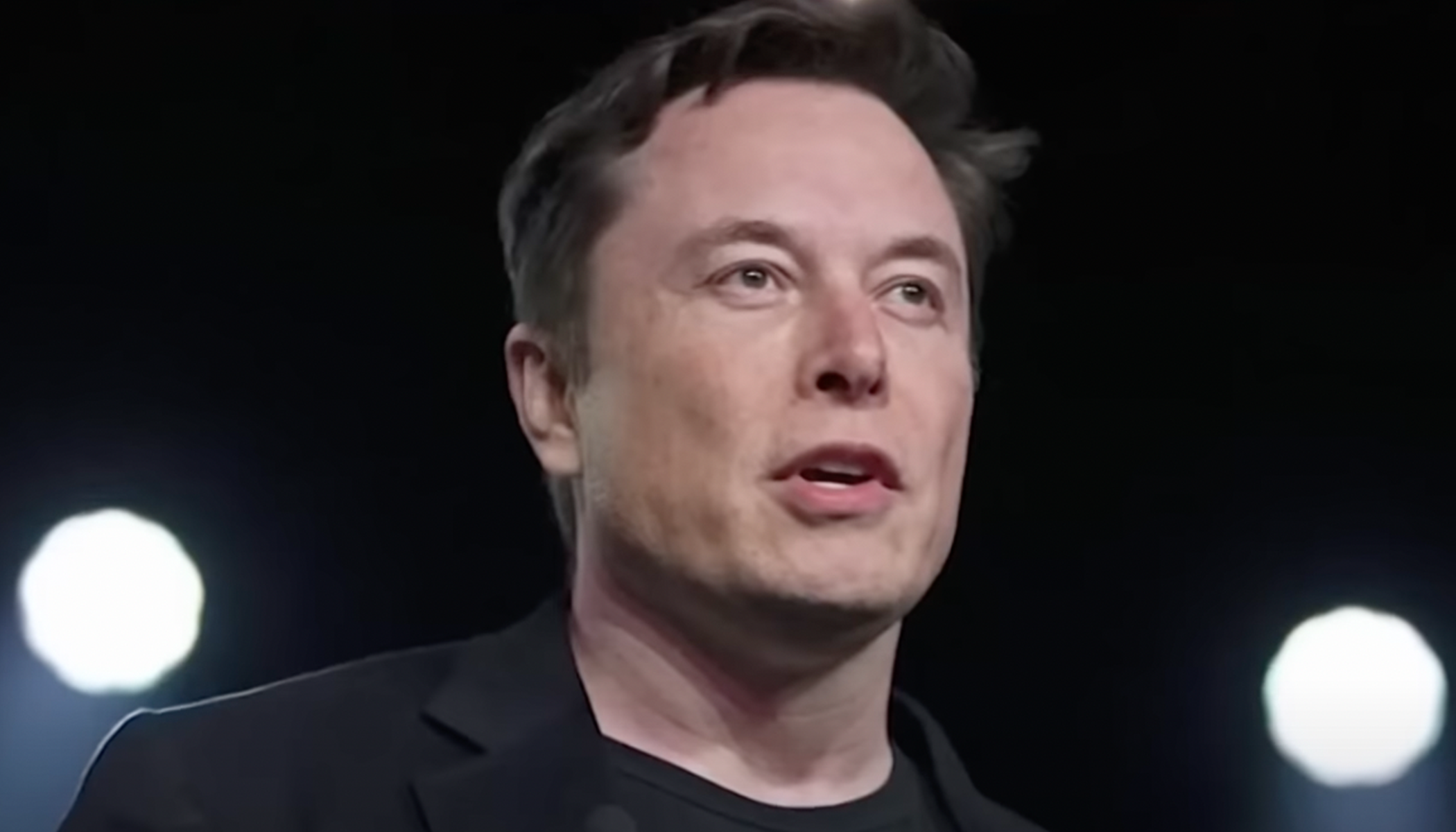Washington Post Editorial Imagines Biden's Campaign Exit Speech
The Washington Post editorial board released a speculative draft speech for President Joe Biden, suggesting he consider not running for re-election.
The piece, published on July 3, portrayed a scenario where Biden opts out of the 2024 race, drawing parallels to George Washington's decision to not seek a third term, as the Post Millennial reports.
The editorial came just before the Independence Day celebrations, a time often marked by reflection on the nation’s leadership. It featured hypothetical remarks where Biden would announce his withdrawal from the presidential race. "I have decided to withdraw from the campaign for president of the United States," reads one line from the imagined speech, reflecting a momentous decision reminiscent of past presidential epochs.
Notably, the editorial invoked the legacy of George Washington, who chose not to seek a third term, a historic decision that set a precedent for voluntary leadership transitions in U.S. history.
Historical Echoes and Presidential Legacies
The draft speech further delved into historical comparisons, mentioning figures like John Adams and Thomas Jefferson, who were prominent during Washington’s era. Adams was described as combative, while Jefferson was branded radical, yet both were pivotal in the nascent stages of American democracy.
The piece suggests that, like Washington, Biden recognizes the importance of stepping aside for the stability of the nation. This reflection is drawn from a line stating, "This moment echoes one George Washington faced as he approached the end of his second term."
Biden’s hypothetical words expressed a reluctant acceptance of his limitations, highlighting an acknowledgment that the future demands a leader with greater vitality and capacity to engage actively throughout all hours.
Concerns Over Biden’s Capacity and Public Perception
Recent public appearances have raised concerns about Biden's ability to actively engage in the demanding presidential role, noting periods where he appeared less than fully alert.
Reportedly, Biden’s alertness is optimal only between the hours of 10 a.m. and 4 p.m. when he is not traveling, which has fueled discussions about his fitness for the demanding presidency.
These concerns were amplified following a debate where Biden struggled to articulate complete sentences, appeared confused at times, and has since seen a decline in his polling numbers.
Support for Democratic Principles and the Electoral Process
In the hypothetical speech, Biden is portrayed as reaffirming his support for the Democratic nominee, despite stepping down. He also takes a strong stance against former President Donald Trump, referencing the events of Jan. 6 as a critical juncture for American democracy.
His remarks included a call to the public to reflect deeply on the implications of allowing Trump to return to office, urging a thorough examination of the stakes involved in the upcoming election.
Moreover, Biden praised his administration's achievements but emphasized the need for a leader who can maintain a high level of energy and commitment.
Editorial Sparks Discussion on Leadership and Legacy
The Washington Post editorial has sparked extensive dialogue about the role of age and energy in presidential leadership, reflecting on how these factors influence both public perception and electoral success.
The board’s conclusion in the hypothetical speech calls for the American people to "search your soul" concerning future leadership, a poignant reminder of the personal and collective responsibility in choosing a leader.
This call to introspection is intended to provoke thoughtful consideration among voters, emphasizing the significant influence of presidential leadership on the nation’s trajectory.
Reflections on Biden's Tenure and Future Democratic Leadership
The editorial not only discusses potential endings but also celebrates the accomplishments of Biden's presidency, acknowledging his efforts while also recognizing the evolving demands of the nation.
It presents a stark reminder of the need for leadership that not only reflects current successes but also anticipates future challenges with vigor and resilience.
As the nation reflects on its leaders, past and present, the conversation about what kind of approach is necessary for the future becomes increasingly relevant.
In conclusion, the Washington Post editorial offers a profound examination of presidential tenure, the historical responsibility of leaders to recognize their own limitations and the ongoing need for vitality in leadership. It challenges the electorate to think deeply about what qualities they desire in their next president, amid a landscape of evolving national and global challenges.






